By our Political Editor
It was a week that began with hope but ended in disappointment. The political focus across the country was firmly on President Anura Kumara Dissanayake’s promise to reveal the mastermind behind the 2019 Easter Sunday bombings on the 6th anniversary of the attack.
This promise had raised expectations across communities, especially among victims’ families and the Catholic Church. In the weeks leading up to April 21, opposition politicians, including Udaya Gammanpila and Namal Rajapaksa, amplified public anticipation. They openly challenged the President to keep his word, warning of political consequences if he failed to deliver.
Behind the scenes, however, those within political and legal circles knew the difficulty of producing such a revelation on a fixed date. It was widely understood that naming a mastermind in a complex international terror investigation, especially in a public forum, was not only sensitive but also legally complex.
Sensing the rising tension, the Catholic Church issued carefully worded statements through selected priests. They reiterated their faith in the government but urged that justice must not be rushed at the expense of due process. This wise move reflected the Church’s intent to lower public expectations while still keeping pressure on the government.
But despite all the buildup, President Dissanayake’s statement on the anniversary was seen as an anticlimax. He stated that the Presidential Commission of Inquiry report, completed under the previous administration, had been handed over to the CID for further action. There was no naming of a mastermind, no new details, no breakthroughs, only a call to trust in the system.
The backlash was immediate. Opposition figures, including Sajith Premadasa, Mujibur Rahman, Dilith Jayaweera, and others, slammed the government for failing to honour an explicit promise. They accused the President of misleading the public and giving false hope to victims’ families.
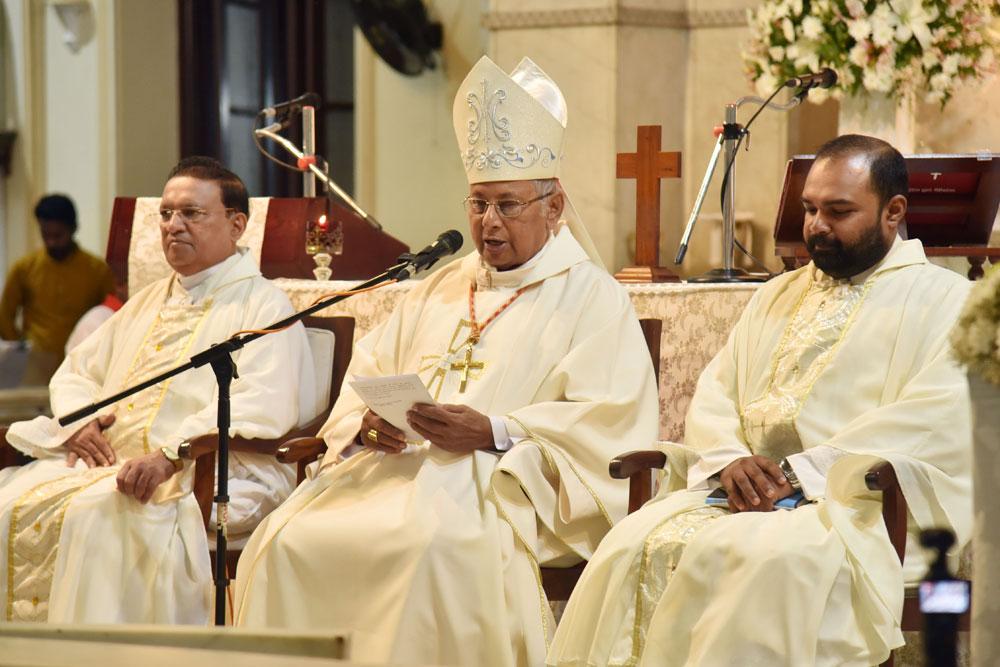
The situation also put His Eminence Malcolm Cardinal Ranjith in an awkward position. Just a month earlier, the Cardinal had issued a stern warning to the government, demanding justice by the sixth anniversary. With no significant development announced, the Cardinal was forced to engage in a damage-control effort, softening his public stance to protect the dignity while attempting to calm his increasingly frustrated congregation.
At the same time, the government is grappling with multiple challenges, political, economic, and public trust. Despite holding a commanding two-thirds majority in Parliament, the administration struggles to meet expectations.
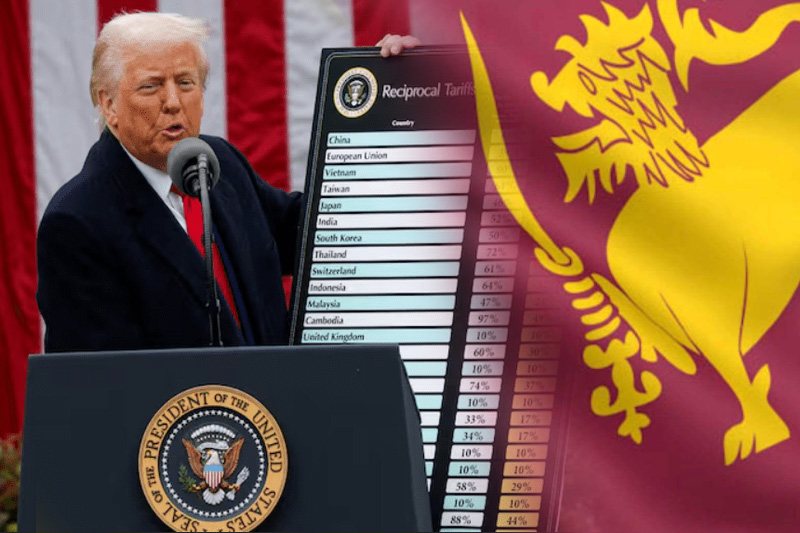
The biggest economic hurdle remains the tariff war initiated by U.S. President Donald Trump. With 25% of Sri Lankan exports going to the U.S., the impact has been severe. However, there was a glimmer of hope this week when President Dissanayake confirmed that the Sri Lankan delegation negotiating in the USA had made positive progress.
Still, economic uncertainty has done little to ease public frustration. The people are increasingly restless about the Easter Sunday attack case and the lack of visible progress in punishing corrupt politicians, bureaucrats, and businessmen from previous governments. The anti-corruption drive, a central promise during the election campaign, appears to be moving quickly, with government officials blaming procedural delays and legal obstacles.
The week’s most significant opportunity to win back public support came from a rare national event, the Exposition of the Sacred Tooth Relic at the Dalada Maligawa in Kandy, which took place after 16 years. This was a golden chance for the government to unite the country in faith and cultural pride and show its capability to manage large-scale events.
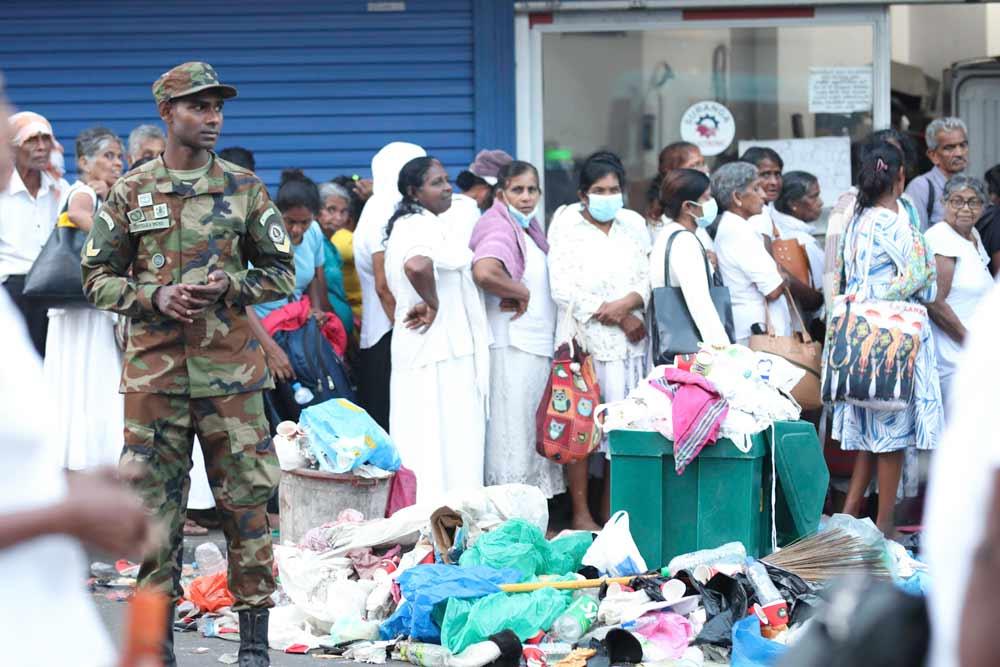
But instead, the situation spiralled out of control. Thousands of Buddhists travelled across the country to Kandy, with many waiting in queues for days, only to face poor planning, overcrowding, and mismanagement. What should have been a celebration of devotion and unity became an administrative failure, drawing criticism from religious leaders, the media, and the public.
Once again, President Dissanayake stepped in personally to show his face in Kandy. However, the damage had been done, and the government missed vital days to counter the negatives in the media. Instead of emerging as a government that could deliver under pressure, the administration ended the week appearing disorganised and disconnected from the people’s mood.
In a political system where momentum matters, these issues have a cost. The Easter Sunday revelation could have been a defining moment, a symbol of justice, closure, and national healing. Instead, it became a missed opportunity. The Exposition of the Sacred Tooth Relic could have showcased government competence and cultural unity. It turned into a logistics nightmare.
While positive signals from Washington on the tariff issue are welcome, they remain behind closed doors, and the public is still waiting for real relief.
For a government that rose to power with overwhelming public trust and a promise of transformation, time and patience are starting to run thin. The coming weeks will be critical. The people are watching and remembering.
In Sri Lankan politics, goodwill is earned daily and lost in moments. This past week, the government lost more than it gained.
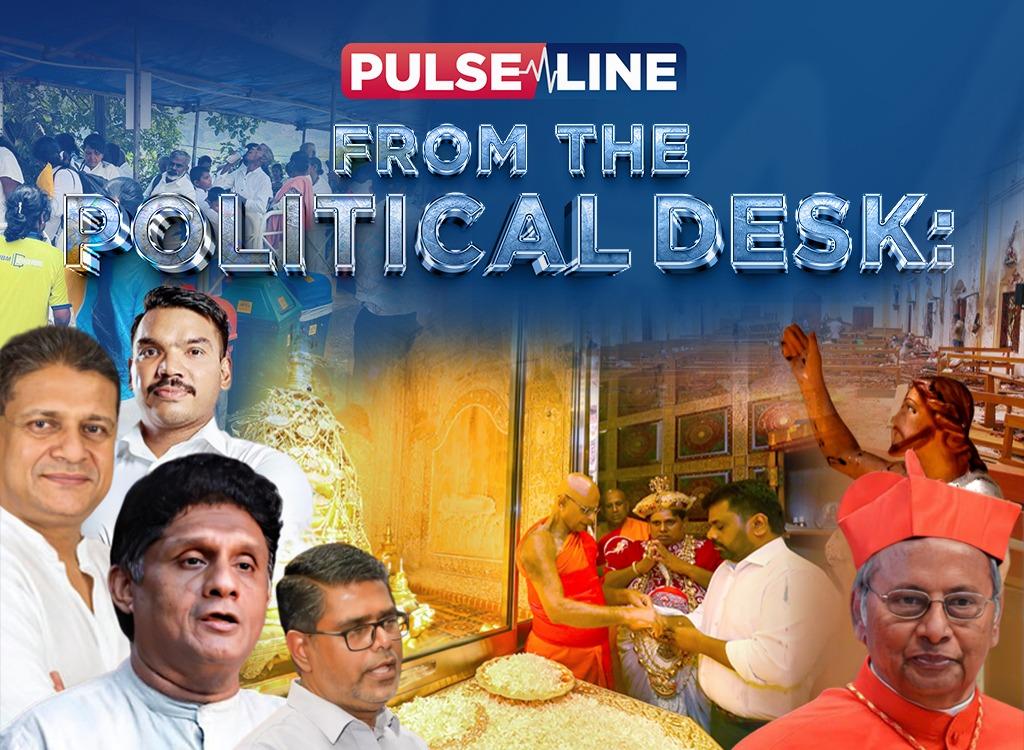
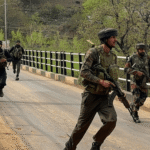

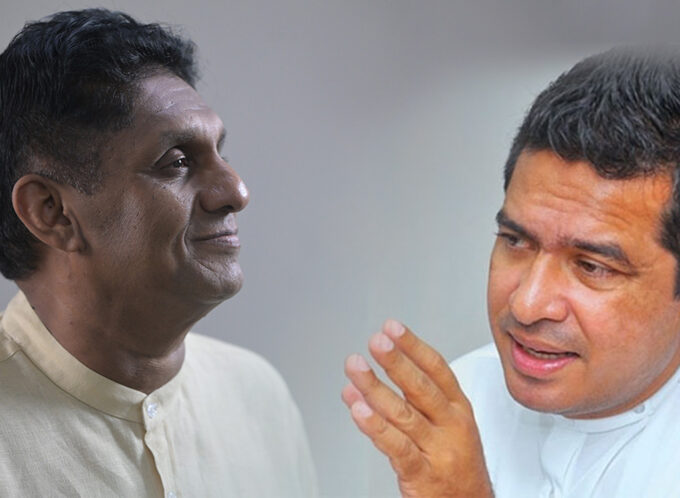
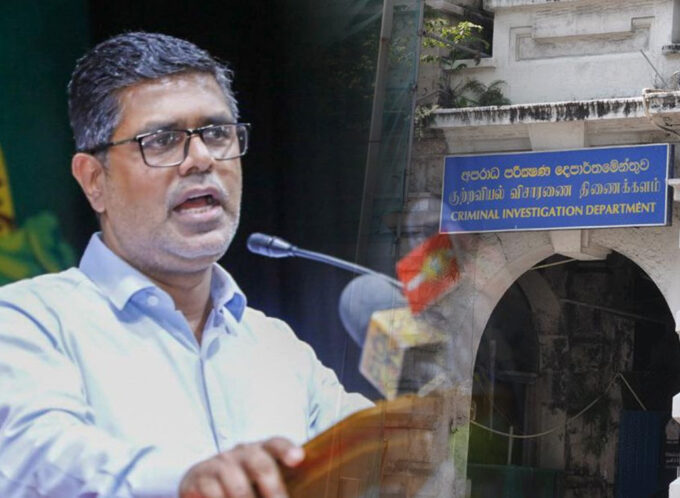
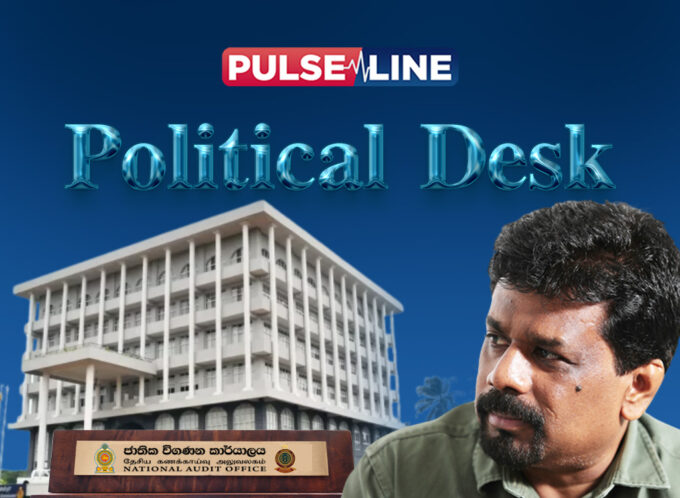
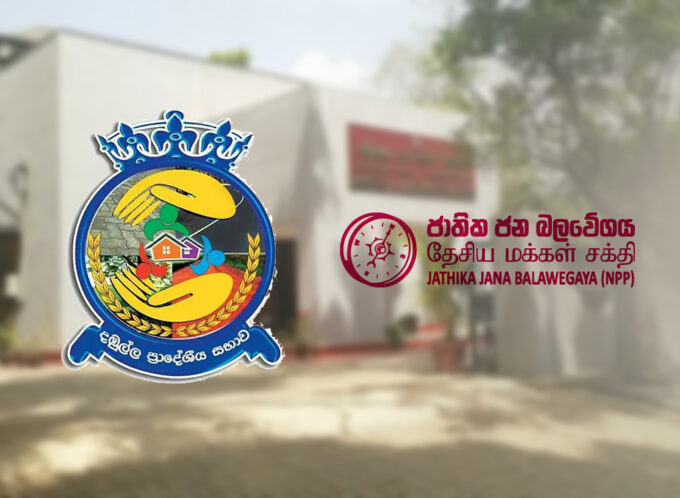

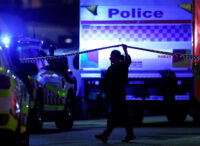

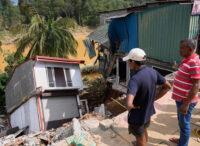
Leave a comment